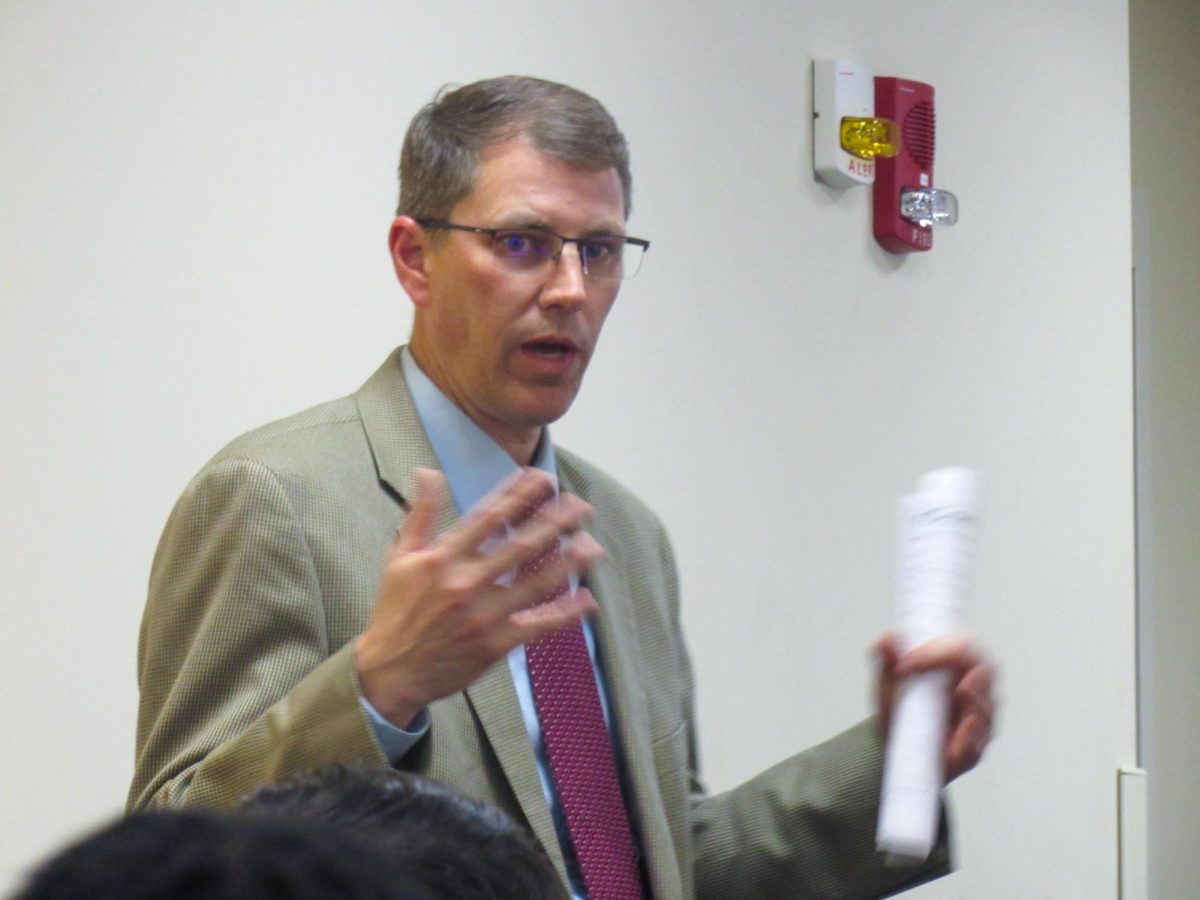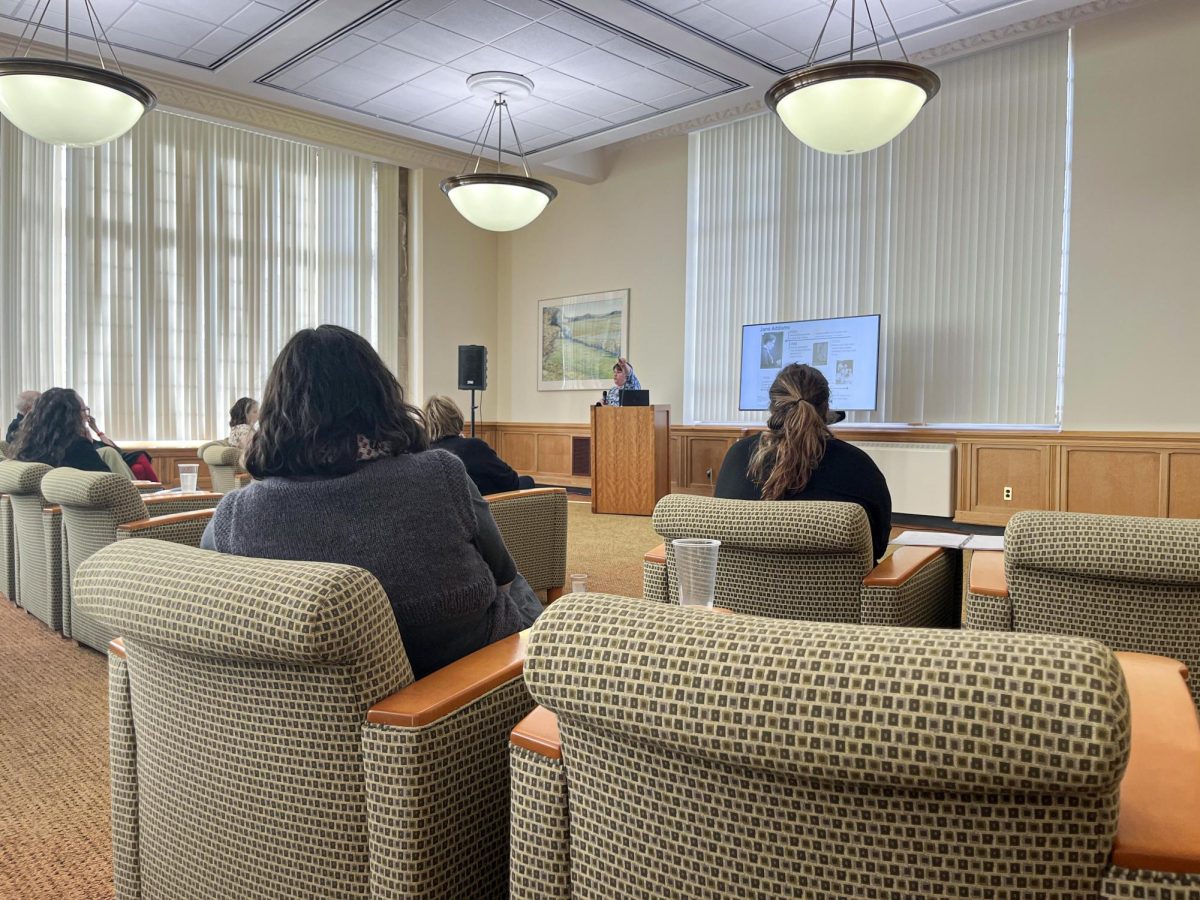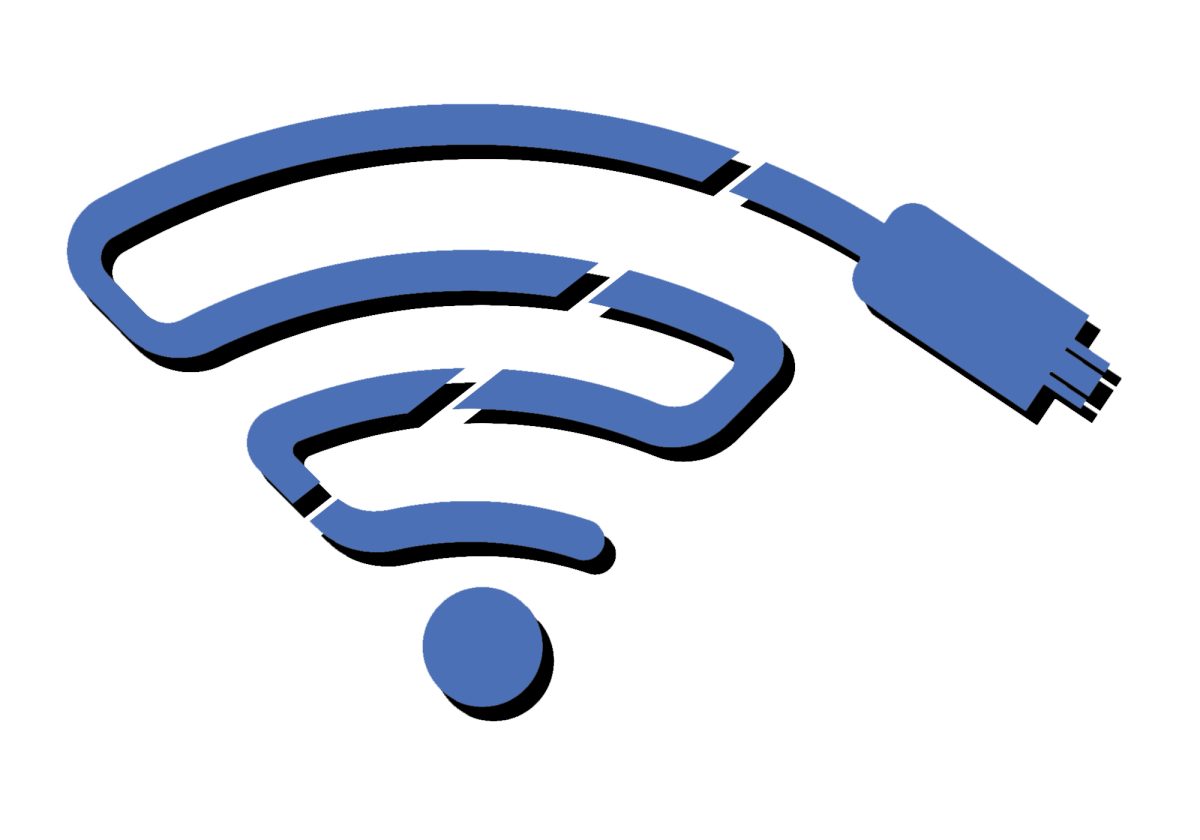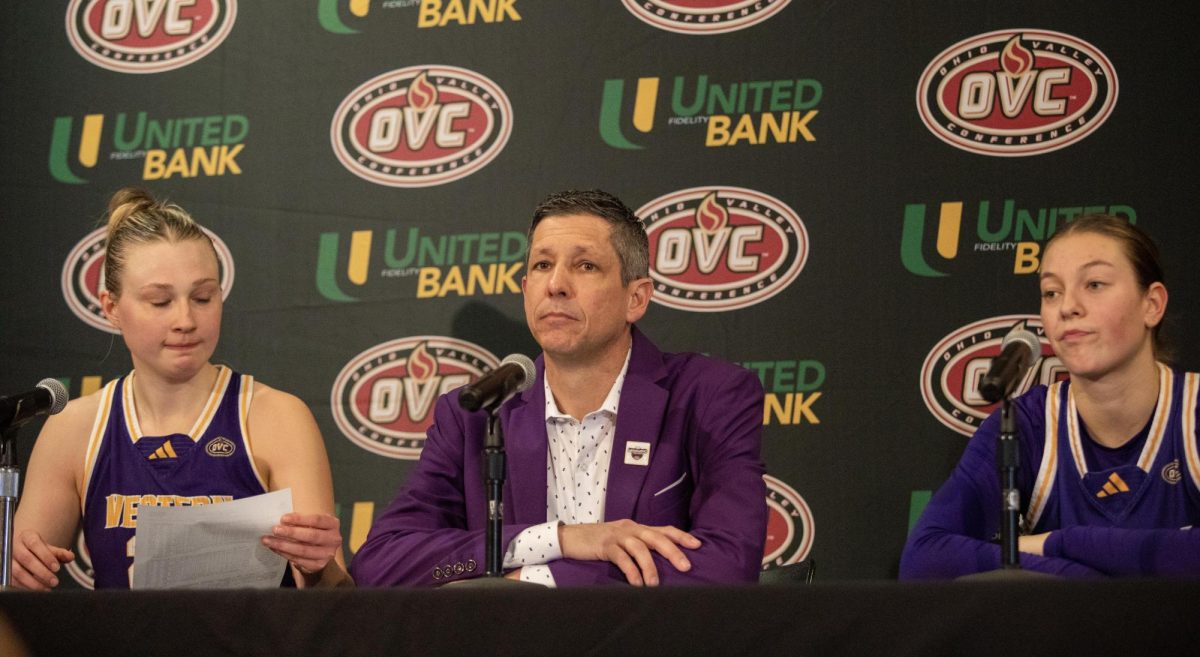COLUMN: What loan forgiveness means for everyone
Ian Palacios is a senior English major and can be reached at 217-581-2812.
August 26, 2022
President Biden announced, on August 24, his plan to forgive student loan. People who make less than $125,000 are eligible for $10,000 in forgiveness, and if the recipient is also a Pell Grant receiver, they can receive another $10,000, according to an NBC news article.
The plan is expected to cost $329.1 billion over the next ten years, as estimated by The National Taxpayers Union. Needless to say, there is significant controversy about the plan.
The strongest argument as I take it, in support of loan forgiveness, claims that forgiving student loans is justified on moral and economic grounds. The loan forgiveness will undoubtedly help many of the 203 million Americans living paycheck to paycheck–at least in the short term.
One in three adults are barely making due with the money they make, resulting in them being unable to pay for “food, rent or mortgage, car payments, medical expenses, or student loans,” an NPR article notes.
Forgiving student loans will increase the money in their pockets, allowing them to better afford necessities like medical payments and food, thereby increasing their quality of life.
On economic grounds, supporters argue that loan forgiveness will actually bring in more money in the long term by giving Americans more spending power. However, each argument is susceptible to objections.
The moral grounds may actually lay in favor against loan forgiveness if loan forgiveness causes a greater burden on Americans in the long term.
If loan forgiveness causes inflation, then not only will greater inflation be the cause of a greater burden on Americans, (thus getting rid of any moral reasons) but the inflation may counteract the money brought in from the bill in the first place.
Furthermore, loan forgiveness may be avoiding the issue at heart and just be dealing with its symptoms. Student debts in and of themselves are not the issue: it’s high tuition rates.
Biden’s loan forgiveness plan is expensive, and it won’t last forever either.
Unless Biden’s loan forgiveness plan is extended indefinitely (which is not only unlikely but unfeasible as well), then soon enough there will
be just as many Americans with too many student loans. These, I believe, are the strongest reasons in favor and against Biden’s loan forgiveness plan.
Though the loan forgiveness will benefit me personally, I’m skeptical of whether this was the best plan.
Last, some argue that, regardless of how much people’s loans financially burden them, they did take out a loan, and it’s their obligation to pay it back. This argument fails.
Middle class jobs are disappearing, and if you want one, you will likely need a college education. So, many Americans had to choose between earning a bad salary with no debt or a sufficient salary with lots of debt.
Both options are bad. It is unreasonable to refuse to aid people who need help when they choose the action that was in their best interest from the outset.
Ian Palacios is a senior English major. He can be reached at impalacios@eiu.edu or 217-581-2812.









![[Thumbnail Edition] Eastern Illinois University baseball's hitting coach and recruiting coordinator Mike Pugliese urges players on the team to increase their effort after a slow start to its pregame routine at the team's first intrasquad scrimmage of the season at O'Brien Field on Jan. 31, 2025.](https://www.dailyeasternnews.com/wp-content/uploads/2025/03/BB_02_O-1-e1741909628540-1200x702.jpg)
![[Thumbnail Edition] Senior tennis player Luisa Renovales Salazar hits the tennis ball with her racket at the Darling Courts at the Eastern Illinois University campus in Charleston, ILL.](https://www.dailyeasternnews.com/wp-content/uploads/2025/03/Tennis_01_O-1-e1741807434552-1200x670.jpg)
![[Thumbnail Edition] Senior right-handed pitcher Tyler Conklin pitching in the Eastern Illinois University baseball team's intrasquad scrimmage at O'Brien Field in Charleston, Illinois on Jan. 31.](https://www.dailyeasternnews.com/wp-content/uploads/2025/03/TC_01_O-e1741567955534-1200x669.jpg)





![[Thumbnail Edition] Senior, forward Macy McGlone finds an open teammate to pass the ball too during the game against the Tennessee State Tigers 69-49, in Groniger Arena on the Eastern Illinois University campus, Charleston Ill.](https://www.dailyeasternnews.com/wp-content/uploads/2025/03/WBB_02_O-1-e1741228987440-1200x692.jpg)


















![E[Thumbnail Edition] Eastern Illinois softball freshman utility player Abbi Hatton deciding to throw the softball to home plate in a fielding drill during softball practice at the field house in Groniger arena on Tuesday Feb. 11.](https://www.dailyeasternnews.com/wp-content/uploads/2025/03/SB_03_O-e1741208880750-1-e1741209739187-1200x815.jpg)















![The Weeklings lead guitarist John Merjave [Left] and guitarist Bob Burger [Right] perform "I Am the Walrus" at The Weeklings Beatles Bash concert in the Dvorak Concert Hall on Saturday.](https://www.dailyeasternnews.com/wp-content/uploads/2025/03/WL_01_O-1200x900.jpg)
![The team listens as its captain Patience Cox [Number 25] lectures to them about what's appropriate to talk about through practice during "The Wolves" on Thursday, March 6, in the Black Box Theatre in the Doudna Fine Arts Center in Charleston, Ill.](https://www.dailyeasternnews.com/wp-content/uploads/2025/03/WolvesPre-12-1200x800.jpg)





















